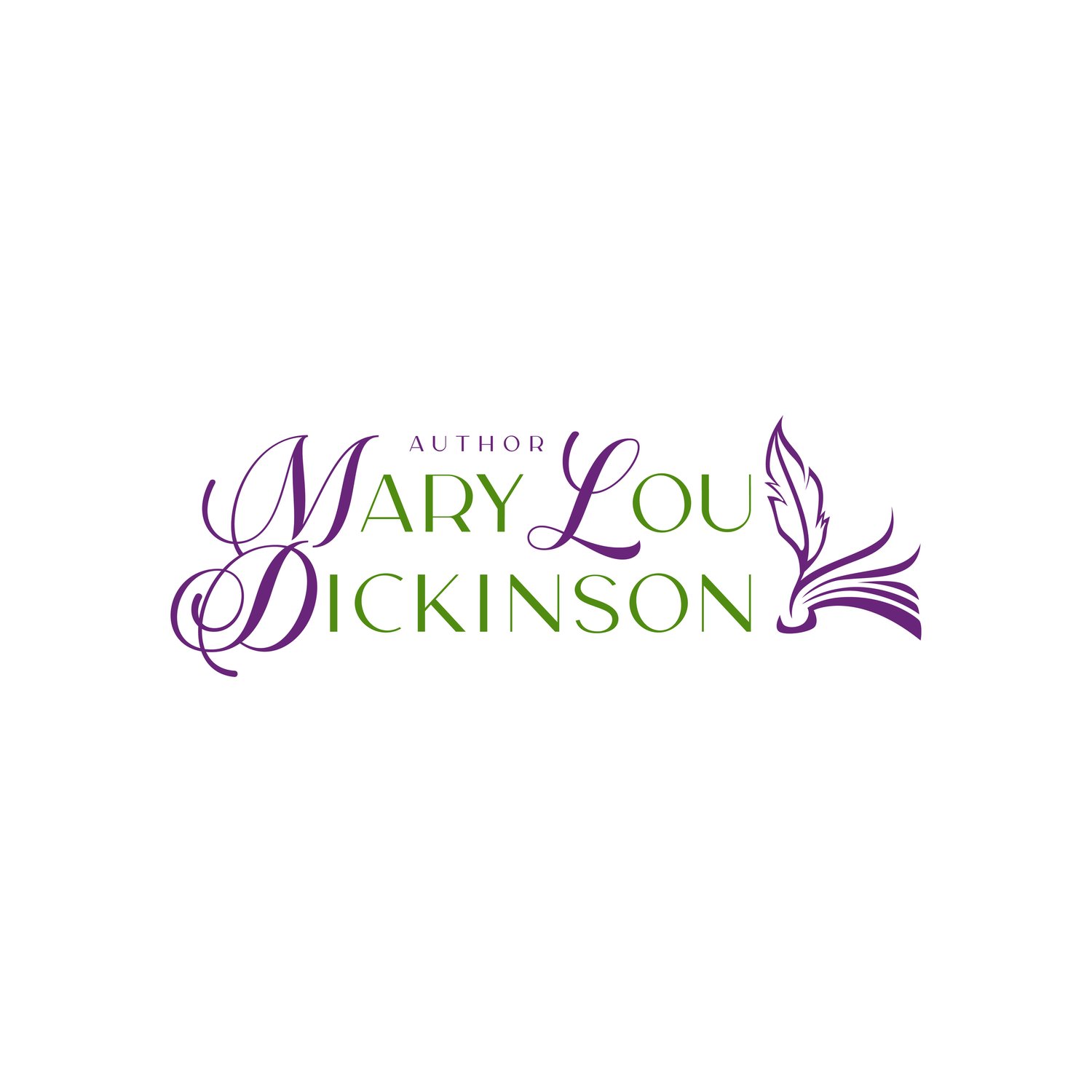I can't imagine there is a writer who has not experienced writer's block. In the days when paper was used, fear of 'the blank page' captured the condition. There ought to be a contest for the number of ways a writer avoided sitting down to confront this page. Or nowadays, 'the blank screen.'
What would your list look like?
Mine might involve:
What about you?
What would your list look like?
Mine might involve:
- making a phone call. For me this is usually a terrible solution that distracts me further from work and creativity, but wonderful for that ongoing sense of isolation that occurs when facing the page.
- Putting the dishes away. Well, after all, like the laundry, the ironing, making the beds, taking out the garbage, it needs to be done. Just not now!
- Going for a walk. For me usually a wonderful solution in that ideas begin to flow then. I usually wait too late to take this walk and have gone through all my other time wasting techniques to no avail. When following a more ongoing routine than I do now, I took an early morning walk and then another late in the day when I wanted to make the transitions in and out of writing. Lax as this may sound, it created a structure and discipline of its own.
- This summer when I was on crutches and couldn't walk I took up baking when I wasn't sure where or how to start on some piece of writing. Now that the crutches are almost gone, I will have to go back to walking a lot as I gained 10 lbs. Oh happy day!
What about you?














